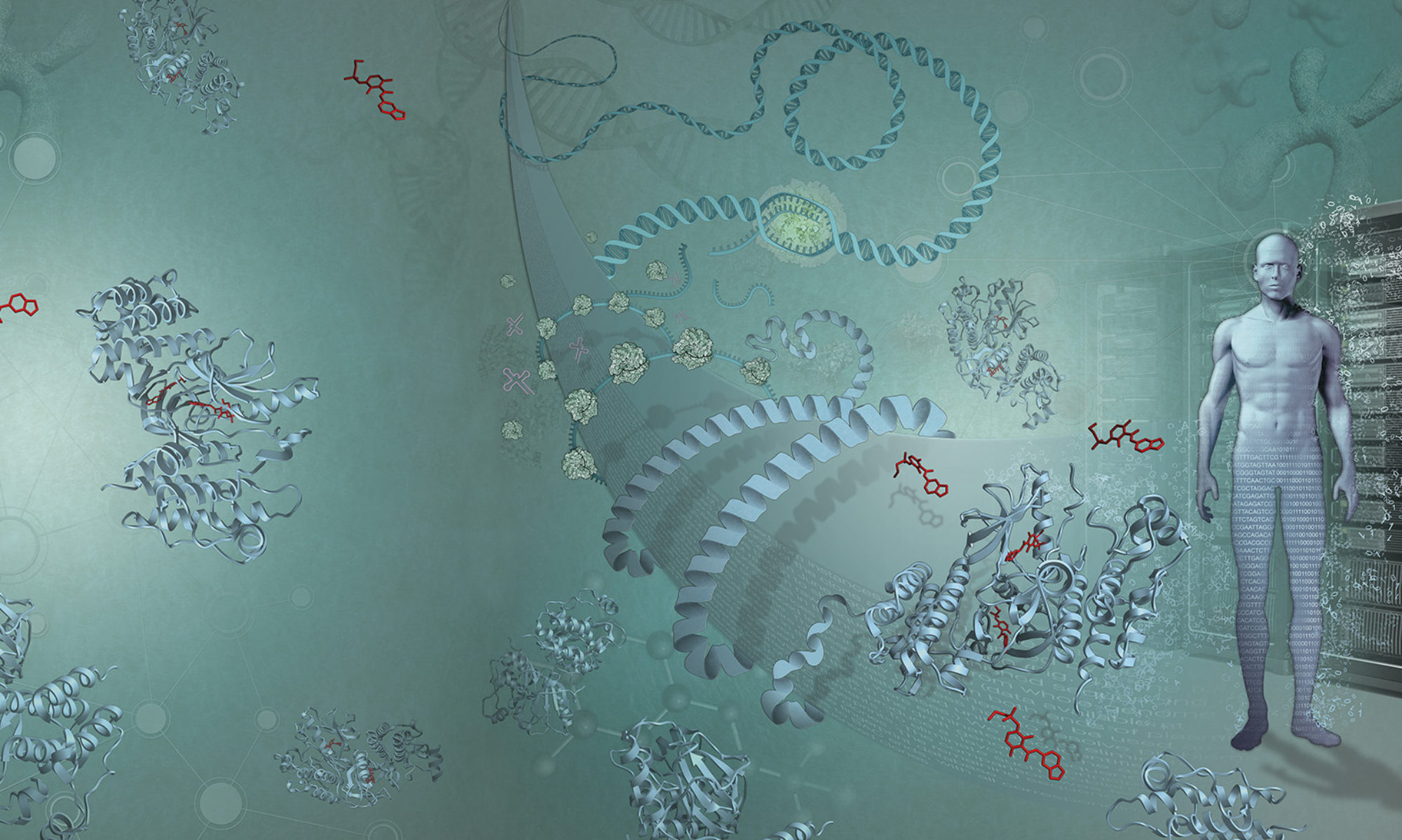On Monday, 26th November, the story that Chinese scientists in Shenzhen have performed CRISPR editing of human embryos for reproductive genomic editing came to light. The initial reporting of the story was patchy, without the normal scientific process of published papers accompanied by extensive data and peer review. This lack of facts makes it likely that more details about this story will emerge over the coming days.
The fact that researchers could perform genome editing in the embryo has long been a real possibility, but due to tight regulations in European countries, such experiments do not occur in Europe. This blog post provides a short background to CRISPR technology, and some thoughts to help reporters and the general public understand the context better.
There are three main points I want to convey. The first is that this type of science needs strong regulation which society can be confident in. The second is that I believe that this was an inappropriate study that is almost certainly unethical in a European setting. Finally the specifics of the study have been poorly thought through, and do not have the standard rigour of scientific research.
Continue reading “CRISPR babies – a consideration of the science and ethics”
